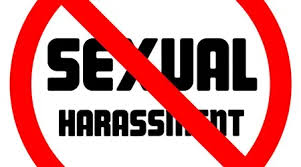Our first post of 2024 is about a recent judgment of the European Court of Human Rights (ECtHR) on the right to freedom of expression of a victim of sexual harassment. IRIS, the legal newsletter of the European Audiovisual Observatory, reports in its 2024/2 issue the Court’s judgment of 18 January 2024 in the case of Allée v. France (here).
The case concerns a criminal conviction for public defamation following a woman’s allegations of harassment and sexual assault against a senior executive of the association where she was employed. The ECtHR found a violation of the woman’s right to freedom of expression as guaranteed by Article 10 of the European Convention on Human Rights. The ECtHR in particular stressed the need to provide appropriate protection to individuals alleging that they have been subjected to mental or sexual harassment. It also found that a criminal prosecution and conviction has a chilling effect, which could discourage people from reporting such serious actions as those amounting, in their view, to mental or sexual harassment, or even sexual assault.
With its judgment in the case of Allée v. France the ECtHR gives support to victims of sexual harassment and to those who dare to report their experiences. This approach is in line with and complementary to the Court’s judgment in Tölle v. Croatia, in which the ECtHR gave support to those who stand up for a better protection of victims of domestic violence and come forward with their stories.
See also our blog “Insulting accusation of domestic violence”, Dirk Voorhoof and Inger Høedt-Rasmussen, Strasbourg Observers, 5 January 2021, also on Global Freedom of Expression Website, Columbia University, NY,
The judgment in the case of Allée v. France is in French. An English summary is available in a press release on HUDOC.

